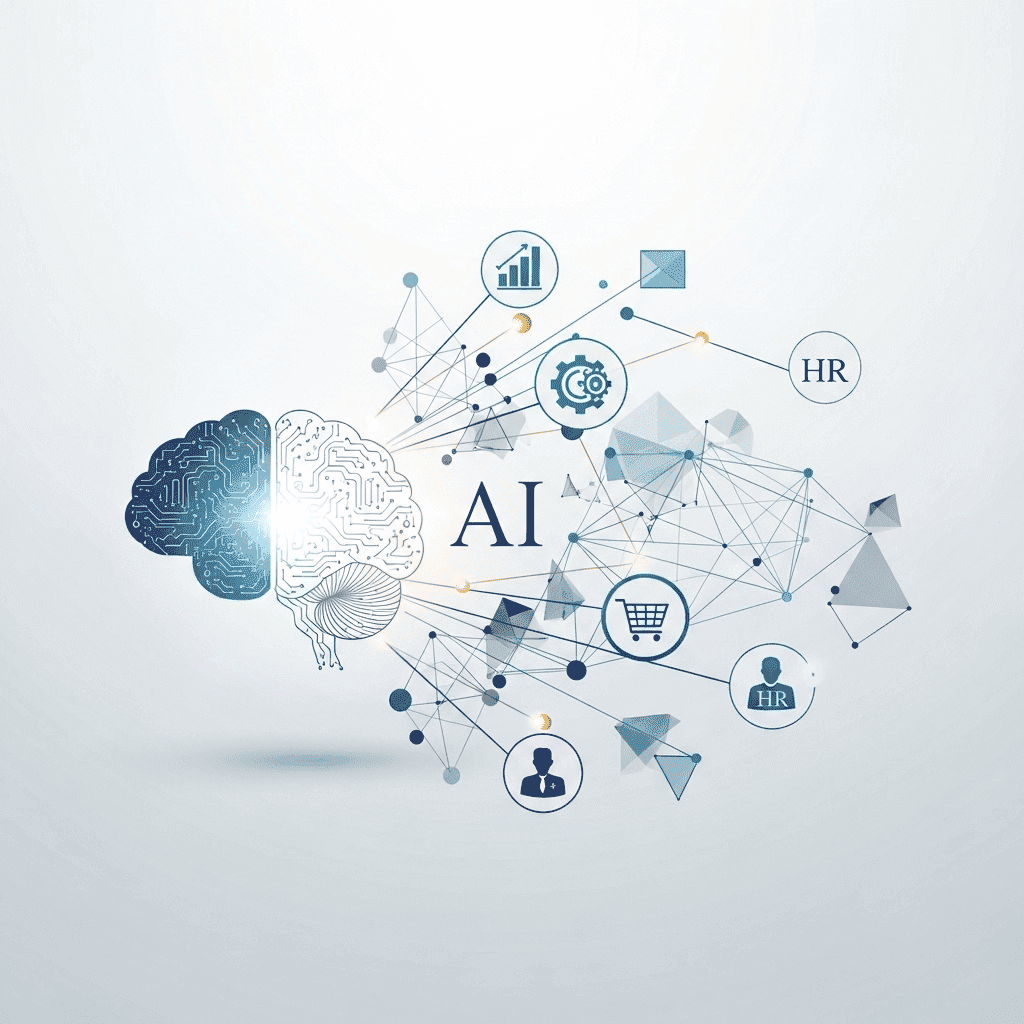AI and the Future of Work: How Automation is Reshaping Industries and Job Rol
Posted by deeepakbagada25@gmail.com on August 30, 2025

In an era of rapid technological advancement, the phrase "AI and the future of work" is on everyone's mind. While automation has long been a part of industrial progress, the rise of artificial intelligence is different. It's not just about replacing repetitive manual labor; it's about reshaping entire industries, redefining job roles, and demanding a new set of skills. Rather than a threat, AI presents a profound opportunity for individuals and companies to evolve. This guide offers a forward-looking perspective on how to navigate this new landscape, focusing on adaptation and growth.
Step 1: Understanding the Shift from Task to Role Automation The most common misconception about AI is that it will simply replace entire jobs. In reality, AI is more likely to automate specific tasks within a job role, freeing up humans to focus on higher-value activities that require creativity, empathy, and strategic thinking.
How to adapt:
Identify Automatable Tasks: Analyze your current job to pinpoint tasks that are repetitive, data-driven, or rule-based. These are prime candidates for automation.
Redefine Your Role: Focus on the parts of your job that require uniquely human skills, such as problem-solving, collaboration, emotional intelligence, and complex communication. These are the areas where you can provide the most value.
Upskill for Collaboration: The new job paradigm is not man vs. machine, but man with machine. Learning how to effectively use AI tools to enhance your productivity will be a critical skill in nearly every industry.
Step 2: The Rise of "Hybrid" Roles As AI integrates into workflows, new job roles are emerging that require a blend of technical AI knowledge and traditional domain expertise. These "hybrid" roles are becoming increasingly valuable and are a key area for career growth.
How to prepare:
Become an AI "Translator": Develop the ability to bridge the gap between technical AI teams and non-technical business units. This involves understanding what AI can do and how to apply it to solve real-world business problems.
Embrace Data-Driven Decision Making: AI is a powerful tool for analyzing data. Learn to interpret AI-generated insights and use them to inform your decisions, whether in marketing, finance, or customer service.
Explore New Fields: Look at fields that are being transformed by AI, such as AI-powered marketing analyst, robotic process automation specialist, or AI ethics officer.
Step 3: Fostering Lifelong Learning and Adaptability The single most important skill for the future of work isn't a specific technical ability—it's the capacity to learn and adapt. The pace of technological change means that yesterday's skills may not be enough for tomorrow's jobs.
How to stay ahead:
Cultivate Curiosity: Be a lifelong learner. Read about new technologies, take online courses, and experiment with new tools.
Develop Soft Skills: As AI handles the hard skills, soft skills become even more valuable. Focus on improving your communication, teamwork, creativity, and critical thinking.
Build a Growth Mindset: View challenges as opportunities for growth. The ability to pivot and learn new skills will be your greatest asset in a rapidly changing job market.
The Future is a Human-AI Partnership The narrative of AI replacing humans is giving way to a more realistic and optimistic one: a future built on partnership. AI will take over the tasks that are unfulfilling and repetitive, allowing humans to focus on the work that is uniquely meaningful and creative. By understanding this shift and proactively developing the right skills, you can not only secure your place in the future workforce but also thrive in it. The future of work is not something to fear—it is something to build.